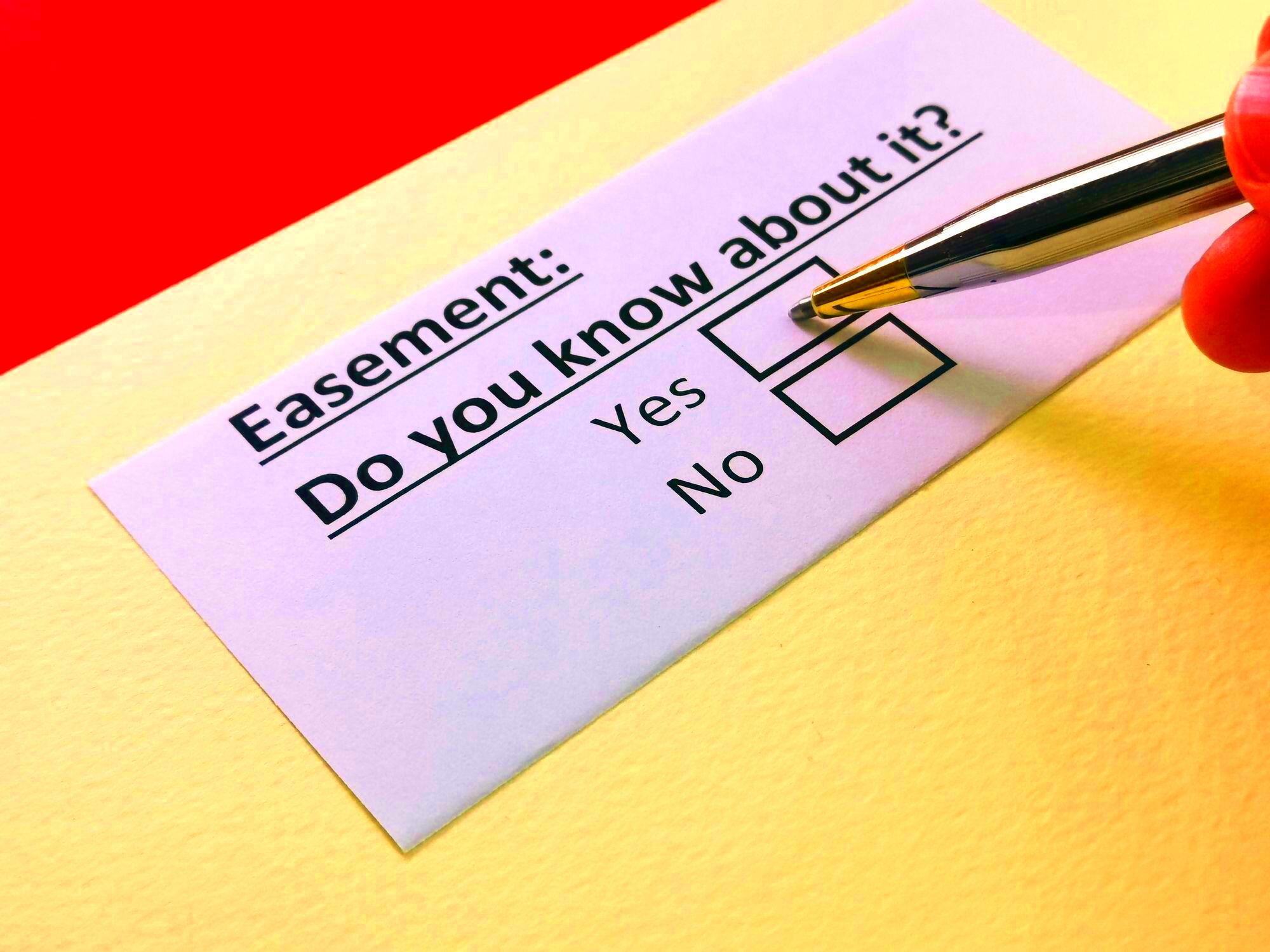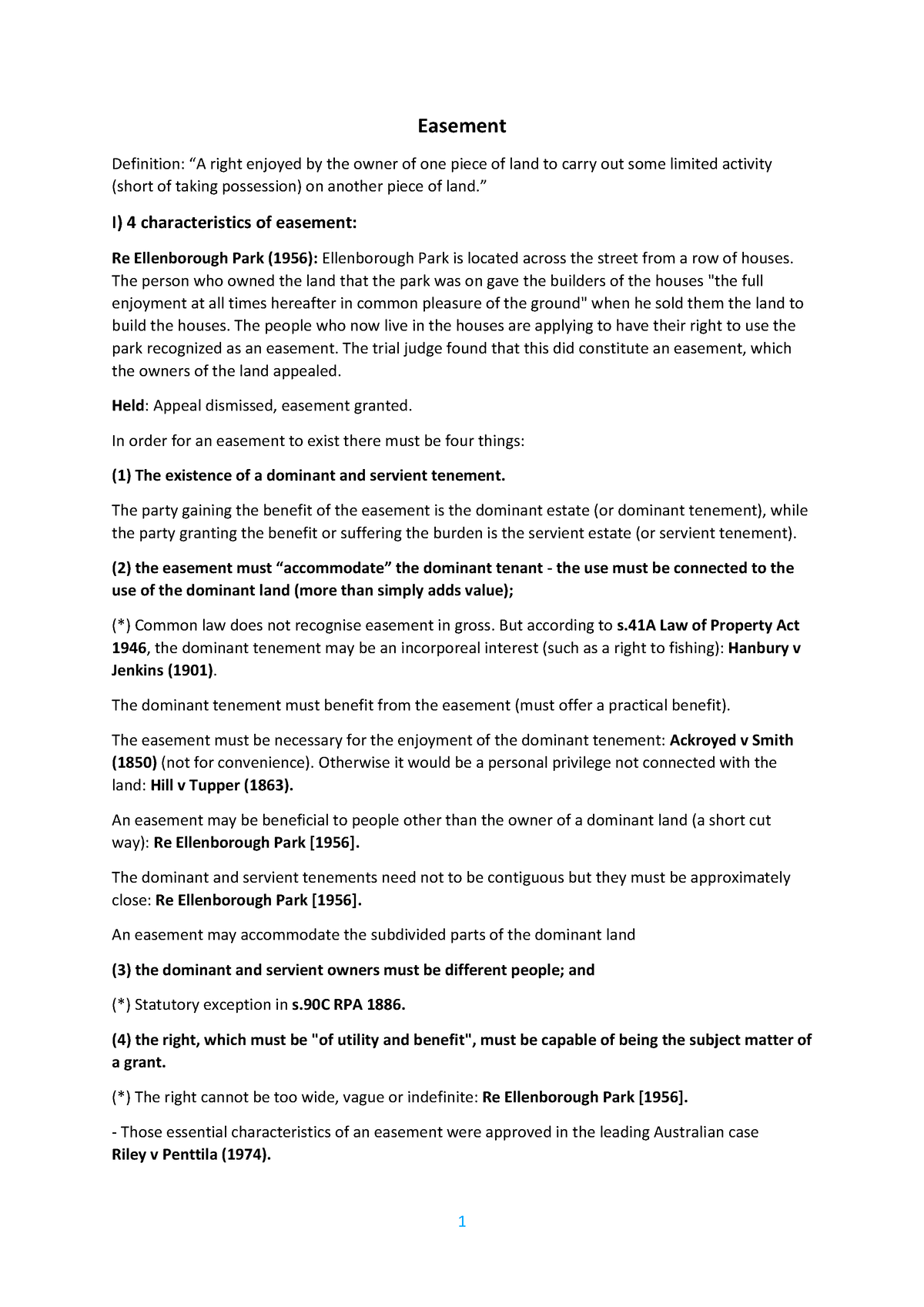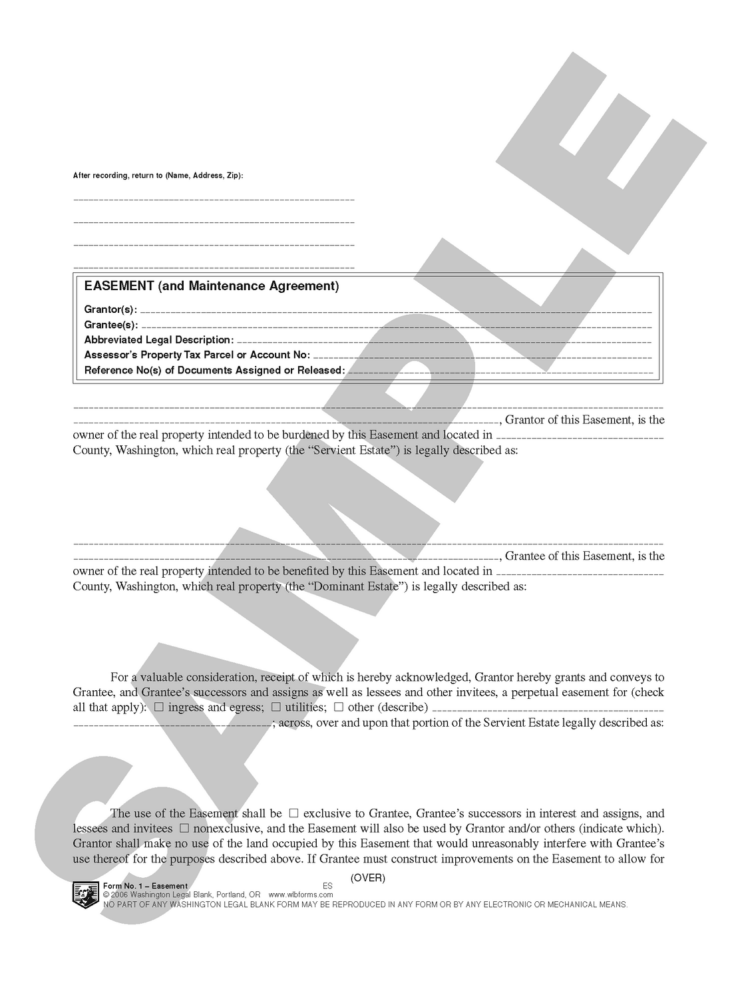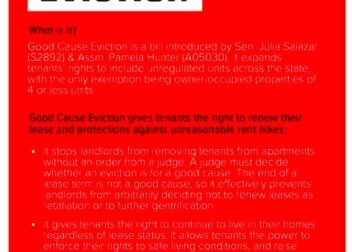Washington State Easement Laws Explained
Easements are legal rights that allow one party to use a portion of another party’s property for a specific purpose. In Washington State, easements play a crucial role in property rights and land use. They can arise from various situations, like utility companies needing access to install power lines or a neighbor wanting to use a path that crosses your land. Understanding how easements work can help you navigate property issues and protect your rights.
Types of Easements in Washington State

There are several types of easements that you should be aware of:
- Express Easements: These are explicitly granted through a written agreement between the property owner and the easement holder.
- Implied Easements: These arise from actions or circumstances that suggest a mutual agreement, even if not documented.
- Prescriptive Easements: These are acquired through continuous and open use of someone else’s property without permission over a specified period, usually 10 years in Washington.
- Negative Easements: These prevent a property owner from using their land in a way that would affect the easement holder’s property rights, such as blocking a view.
Each type of easement has unique characteristics and implications, so it’s essential to understand which applies to your situation.
How Easements Are Created

Easements can be established in several ways, depending on the circumstances. Here are the most common methods:
- Written Agreement: The most straightforward way to create an easement is through a formal contract that outlines the terms, conditions, and purpose of the easement.
- Legal Grant: A property owner may grant an easement as part of a real estate transaction, often included in the deed.
- Usage: If a person uses a path across a property openly and continuously for a set period (typically 10 years), they may acquire a prescriptive easement.
- Necessity: In some cases, easements may be created by necessity when a property is landlocked and requires access to a public road.
It’s important to consult with a legal expert to ensure that any easement creation is done properly and legally. This can help avoid disputes and protect everyone’s interests.
Rights and Responsibilities of Easement Holders
When you hold an easement, you gain specific rights to use someone else’s property. However, along with those rights come responsibilities that you must also consider. Understanding these can help maintain good relations with the property owner and avoid potential legal issues.
As an easement holder, you generally have the right to:
- Use the Easement: You can access the property for the purpose outlined in the easement agreement, whether that’s for a path, utility access, or something else.
- Maintain the Easement: You may have the right to perform necessary maintenance to ensure the easement remains usable.
- Protect Your Rights: You can take legal action if someone interferes with your use of the easement.
On the flip side, easement holders also have responsibilities:
- Minimize Impact: You should use the easement in a way that minimizes disturbance to the property owner’s land.
- Maintain Boundaries: Ensure that your use of the easement stays within the designated area.
- Communicate: Keeping open lines of communication with the property owner can prevent misunderstandings.
Being aware of both your rights and responsibilities can lead to a smoother experience for everyone involved.
How to Terminate an Easement
Sometimes, easements may no longer be needed or desired. Terminating an easement is possible, but it requires following specific procedures. Here are the common methods to consider:
- Mutual Agreement: The easiest way to terminate an easement is through a written agreement between the property owner and the easement holder.
- Expiration: Some easements are created for a specific time frame. Once that time expires, the easement automatically terminates.
- Abandonment: If the easement holder stops using the easement for an extended period, it may be considered abandoned, leading to termination.
- Legal Action: In some cases, you may need to go to court to terminate an easement, especially if the property owner believes they have a valid reason to keep it.
Always consult with a legal professional when considering terminating an easement to ensure you follow the correct steps and avoid complications.
Disputes Involving Easements
Disputes over easements can arise for various reasons, often leading to tension between property owners and easement holders. Understanding common sources of conflict can help you navigate these challenges more effectively.
Common easement disputes include:
- Usage Conflicts: Disagreements may occur if the easement holder’s use of the property exceeds what was agreed upon or causes damage.
- Maintenance Issues: Disputes may arise regarding who is responsible for maintaining the easement, especially if the condition of the path or utility line deteriorates.
- Access Restrictions: Property owners may block access to the easement area, claiming it is private property, which can lead to legal action.
- Boundary Disputes: Unclear boundaries of the easement can result in conflicts over where one party’s rights end and the other’s begin.
To resolve easement disputes, consider:
- Open Communication: Talking through issues can often clear up misunderstandings.
- Mediation: A neutral third party can help facilitate a resolution without going to court.
- Legal Action: If necessary, seek legal counsel to understand your options and protect your rights.
Being proactive and understanding your rights can help minimize disputes and lead to smoother resolutions.
Legal Considerations for Easements
Understanding the legal aspects of easements is essential for both property owners and easement holders. Easements are governed by state laws, and in Washington State, there are specific rules and regulations that apply. Being aware of these can help avoid legal pitfalls and protect your rights.
Here are some key legal considerations to keep in mind:
- Written Documentation: It’s crucial to have a written easement agreement. This document should clearly outline the terms, conditions, and specific uses permitted. Without it, disputes may arise over what was agreed upon.
- Duration of Easement: Know whether the easement is temporary or permanent. The terms should specify how long the easement lasts and whether it can be renewed.
- Scope of Use: The easement should detail what activities are allowed. Using the easement for purposes outside the agreement can lead to conflicts.
- Compliance with Local Laws: Make sure that the easement complies with local zoning and land use laws. Some uses may be restricted or require permits.
- Property Rights: Both parties should understand their rights. The property owner has the right to enjoy their property without unreasonable interference, while the easement holder has the right to use the property as agreed.
Being informed about these legal considerations can help you navigate easement issues with confidence.
Seeking Legal Help for Easement Issues
When dealing with easement issues, it’s often a good idea to seek legal help. A qualified attorney can provide guidance and ensure that your rights are protected. Here are some situations where legal assistance can be particularly beneficial:
- Drafting Agreements: An attorney can help create a clear, enforceable easement agreement that addresses all necessary details to prevent future disputes.
- Resolving Disputes: If conflicts arise, a lawyer can assist in mediation or represent you in court if necessary.
- Understanding Rights: Legal professionals can clarify your rights as a property owner or easement holder, helping you make informed decisions.
- Navigating Local Laws: An attorney knowledgeable about Washington State laws can ensure your easement complies with all legal requirements.
- Termination Procedures: If you wish to terminate an easement, legal help can guide you through the proper steps to avoid complications.
Choosing the right legal assistance can make a significant difference in successfully handling easement issues.
FAQs about Washington State Easement Laws
Many people have questions about easement laws in Washington State. Here are some frequently asked questions to clarify common concerns:
- What is an easement? An easement is a legal right to use another person’s property for a specific purpose, such as access or utilities.
- How do I know if I have an easement? Check property records, including deeds and agreements, or consult a lawyer to clarify your rights.
- Can an easement be revoked? Yes, easements can be terminated through mutual agreement, expiration, abandonment, or legal action.
- How long does an easement last? The duration of an easement varies. Some are permanent, while others are temporary and outlined in the agreement.
- What happens if I violate an easement? Violating the terms of an easement can lead to disputes and potential legal action from the property owner.
Understanding these FAQs can provide clarity and help you navigate easement laws more effectively.
Conclusion on Easement Laws in Washington State
Understanding easement laws in Washington State is crucial for both property owners and easement holders. Easements can significantly impact property rights, access, and land use. It’s important to recognize the various types of easements, such as express, implied, prescriptive, and negative easements, each with its own implications. Additionally, being aware of the rights and responsibilities that come with holding an easement can help prevent disputes and foster good relationships between parties.
Legal considerations, including proper documentation and compliance with local laws, play a vital role in ensuring that easements are clear and enforceable. If issues arise, seeking legal assistance is often necessary to navigate complexities and protect your interests. Ultimately, being informed and proactive can lead to smoother interactions regarding easements, ensuring that everyone’s rights are respected and upheld.


